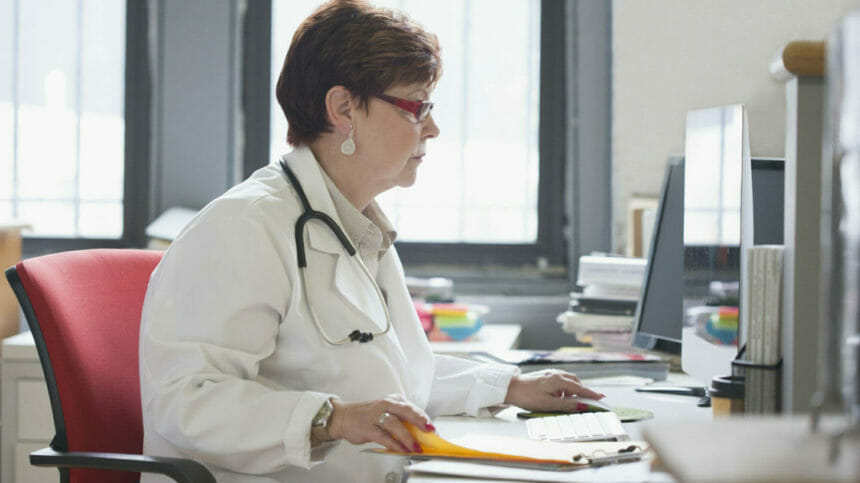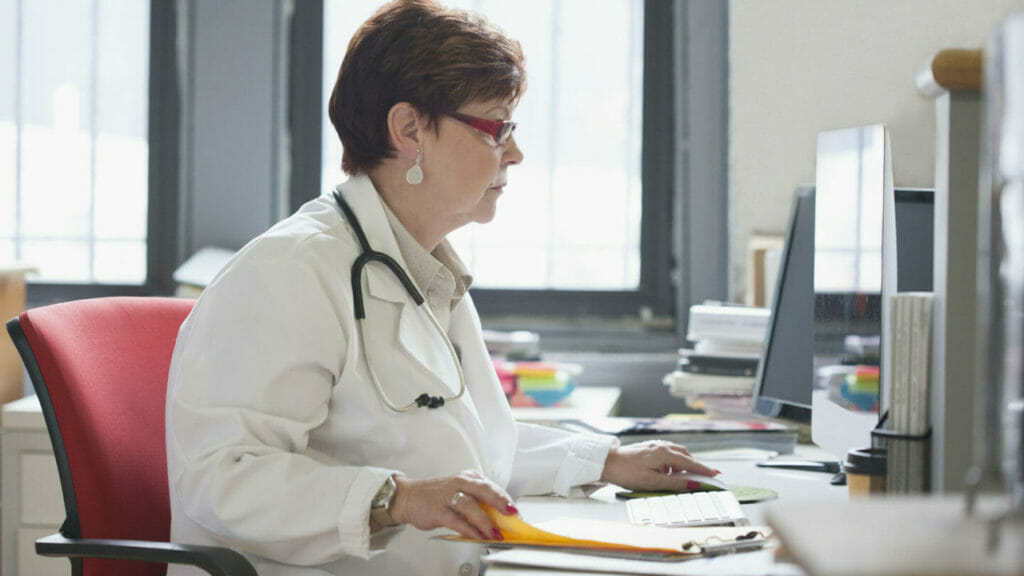

A new partnership between technology company Circadia Health and 81 skilled nursing facilities operated by Ciena Healthcare aims to significantly improve preventive care and reduce preventable rehospitalizations.
Circadia’s C100 remote monitoring devices — which the company describes as the first FDA-cleared device of its kind — will be installed in residents’ rooms. They are capable of continuously monitoring key vital signs like residents’ breathing rate, heart rate and unusual motions and compare them to personalized profiles.
The “real magic” of the system is virtual nurses reviewing AI-triggered care escalations before they are sent on to providers, according to Rich Molfetta, vice president of operations at Circadia. That human element keeps results efficient and as accurate as possible.
The device’s artificial intelligence-driven algorithms can alert nurses working remotely of any red flags that could indicate early warning signs of health problems such as sepsis, COPD and heart failure. Those nurses then review the alerts and decide whether to continue escalating the potential problem signs to on-site caregivers like a facility’s director of nursing.
The partners expect that the system will be able to reduce rehospitalizations from Ciena facilities by around 25%. That projection is based on the results of past Circadia partnerships, according to Fares Siddiqui, CEO and co-founder of Circadia.
Providers will be able to use existing Medicare remote monitoring codes for billing, Siddiqui explained — an extra revenue stream that Medicare justifies because of how effective remote monitoring has proven at reducing expensive and resource-intensive rehospitalizations.
“When you look at the impact of AI in nursing homes and long-term care, there’s a lot of technology that is promising results,” Siddiqui told McKnight’s. “There’s a difference between being theoretical and actually driving standardization and improvement in quality on a day-to-day basis.”
Workflow and the human element
Circadia’s remote monitoring systems have already been installed at 20 facilities, with plans to integrate all of Ciena’s facilities in the coming months, according to Molfetta.
A key to the partnership will be empowering human care workers, not offloading important work to impersonal technology, the new partners agreed.
“We as an organization are taking the use of AI purely from a quality improvement standpoint,” said Amy La Fleur, senior vice president at Ciena. “We’re not incorporating AI in terms of medical record documentation, this is really all under the umbrella of quality improvement and teaching our staff how to frame what they’re seeing.”
Siddiqui and Molfetta agreed, emphasizing that the new systems will be adding tools for Ciena’s staff.
“As staffing challenges and the complexity of patients increase, clinicians will rely more on AI to augment existing day-to-day [practices].” explained Siddiqui. “From a quality improvement standpoint, there aren’t enough tools that are out there today to assist clinicians.”





